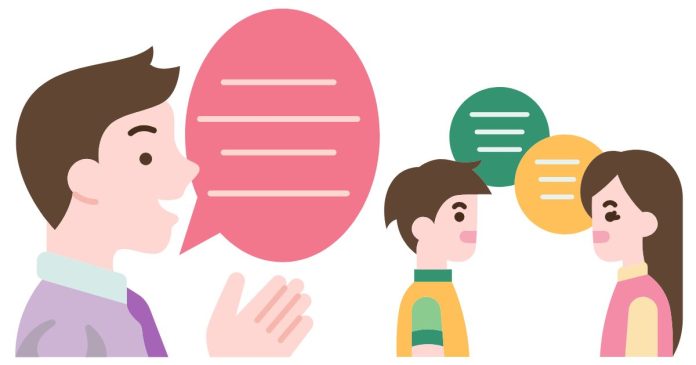The word “destitute” is an adjective that describes a state of extreme poverty or lack of resources. It can also describe someone or something that is lacking in something essential. Understanding its role in language helps clarify how it can be used in sentences.
Part of Speech: Adjective
In its most common usage, “destitute” functions as an adjective. As an adjective, it describes a noun by indicating that the person, place, or thing is in a state of poverty or severe deprivation.
- Example: “The destitute family struggled to find food and shelter.”
- Here, “destitute” describes the family, indicating that they are in a state of extreme poverty.
- Example: “He felt destitute after losing his job and home.”
- In this sentence, “destitute” describes “he”, meaning the person is experiencing a lack of wealth, resources, or stability.
Alternative Use as a Verb (Rare)
While “destitute” is primarily used as an adjective, it can also be found as a rare verb form in older or literary English. When used as a verb, “destitute” means to deprive someone of what they need or to leave them without essential resources. However, this usage is less common today.
- Example (rare verb form): “The flood destituted the town of all its wealth.”
- In this sentence, “destituted” means “left without” or “deprived.”
Synonyms and Variations
As an adjective, “destitute” is synonymous with words like poor, impoverished, penniless, deprived, or needy. These synonyms all express the idea of lacking essential resources or wealth.
- Synonym examples:
- “The homeless man was impoverished.”
- “The refugees were needy after losing their homes.”
In addition, “destitute” can be used figuratively to describe a lack of something other than material resources, such as emotions, hope, or qualities.
- Example: “She felt destitute of love after the breakup.”
- Here, “destitute” is used figuratively to describe a lack of love.
In summary, “destitute” is primarily an adjective, used to describe a person or thing that is lacking in essential resources, such as money, shelter, or food. It can also be used figuratively to describe a lack of intangible qualities like hope or emotion. While its verb form is rare, its primary role as an adjective makes it a key word in discussions of poverty, deprivation, and need.


